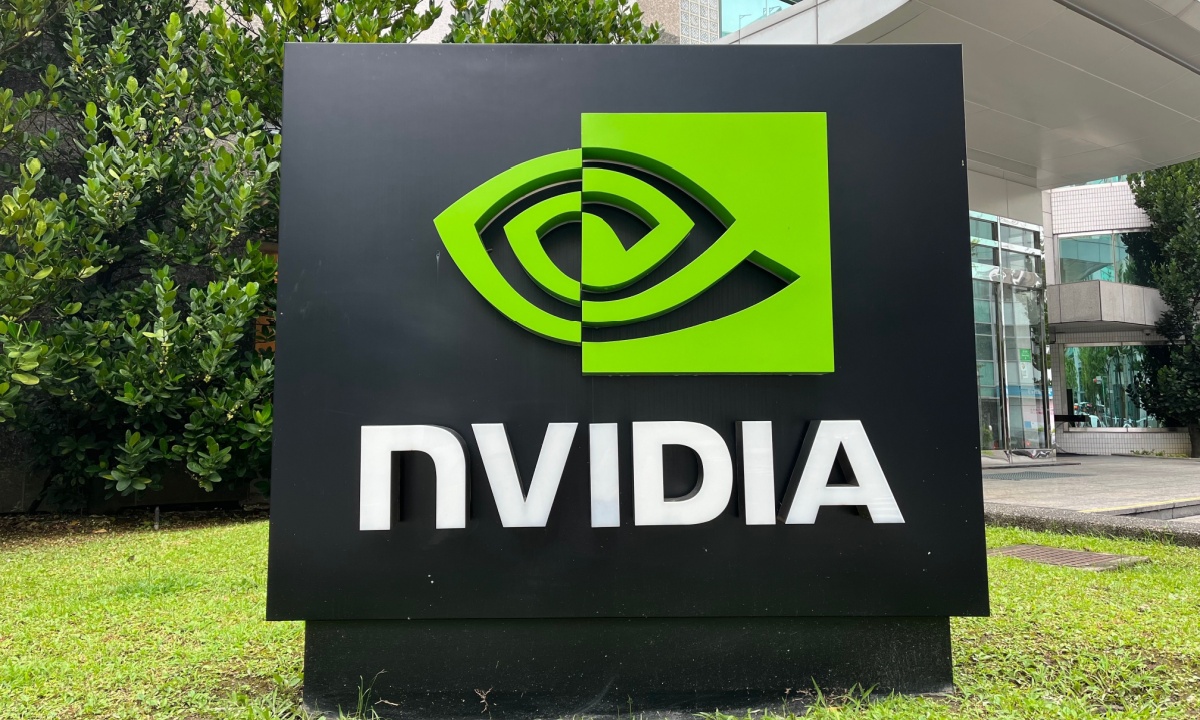
Shares in AI chip designer Nvidia have continued their downward trajectory following reports that U.S. authorities are intensifying an investigation into potential breaches of competition laws. According to The Guardian, the U.S. Department of Justice (DOJ) has issued subpoenas to Nvidia and other tech giants, signaling a potential escalation in the ongoing antitrust investigation.
Nvidia’s stock fell an additional 2.4% in after-hours trading, exacerbating a near-10% plunge during the regular trading session. This massive sell-off erased $279 billion from Nvidia’s market value, leaving the company valued at $2.6 trillion. Per The Guardian, this represents the largest single-day drop in market value for a U.S. company in history.
The DOJ’s subpoenas compel Nvidia and others to provide information under law, indicating that the government is seriously examining whether the company has engaged in anti-competitive practices. Concerns have arisen that Nvidia may be making it difficult for clients to switch to other semiconductor suppliers and could be penalizing those who do not exclusively use Nvidia’s AI chips. Such actions would potentially violate antitrust regulations, bringing the DOJ closer to filing a formal complaint against the company.
This latest stock decline occurred amidst a broader market downturn triggered by disappointing U.S. manufacturing data. The Institute for Supply Management’s August report showed that manufacturing contracted, with declines in new orders, production output and employment levels. These factors contributed to a 2% drop in the S&P 500 index and a 3.3% decline in the tech-heavy Nasdaq Composite.
Related: Report: DOJ Sends Tech Companies Subpoenas in Nvidia Antitrust Probe
The market unease extended beyond the U.S., impacting global markets as well. Japan’s Nikkei 225 index tumbled 4.2%, and Australia’s S&P/ASX 200 index dropped by 1.9%. Investors are increasingly anxious about the potential delays in realizing the benefits and returns promised by the AI revolution, which has seen significant investment but slower-than-expected practical outcomes.
Nvidia, originally founded in 1993 with a focus on designing video game chips, has evolved into a leader in artificial intelligence technologies. The company capitalized on the cryptocurrency boom by adapting its processing technologies for digital coin mining and has since shifted its focus to AI, particularly in developing large language models. Despite a recent report showing a 122% increase in second-quarter revenues, investors were unsettled by signs of slowing growth, particularly concerning its next-generation AI chips, codenamed Blackwell.
In response to the investigation, a Nvidia spokesperson stated, “Nvidia wins on merit, as reflected in our benchmark results and value to customers, who can choose whatever solution is best for them.” However, with the DOJ’s investigation looming, the company faces significant challenges in navigating both market volatility and regulatory scrutiny.
Source: The Guardian
Featured News
Big Tech Braces for Potential Changes Under a Second Trump Presidency
Nov 6, 2024 by
CPI
Trump’s Potential Shift in US Antitrust Policy Raises Questions for Big Tech and Mergers
Nov 6, 2024 by
CPI
EU Set to Fine Apple in First Major Enforcement of Digital Markets Act
Nov 5, 2024 by
CPI
Six Indicted in Federal Bid-Rigging Schemes Involving Government IT Contracts
Nov 5, 2024 by
CPI
Ireland Secures First €3 Billion Apple Tax Payment, Boosting Exchequer Funds
Nov 5, 2024 by
CPI
Antitrust Mix by CPI
Antitrust Chronicle® – Remedies Revisited
Oct 30, 2024 by
CPI
Fixing the Fix: Updating Policy on Merger Remedies
Oct 30, 2024 by
CPI
Methodology Matters: The 2017 FTC Remedies Study
Oct 30, 2024 by
CPI
U.S. v. AT&T: Five Lessons for Vertical Merger Enforcement
Oct 30, 2024 by
CPI
The Search for Antitrust Remedies in Tech Leads Beyond Antitrust
Oct 30, 2024 by
CPI